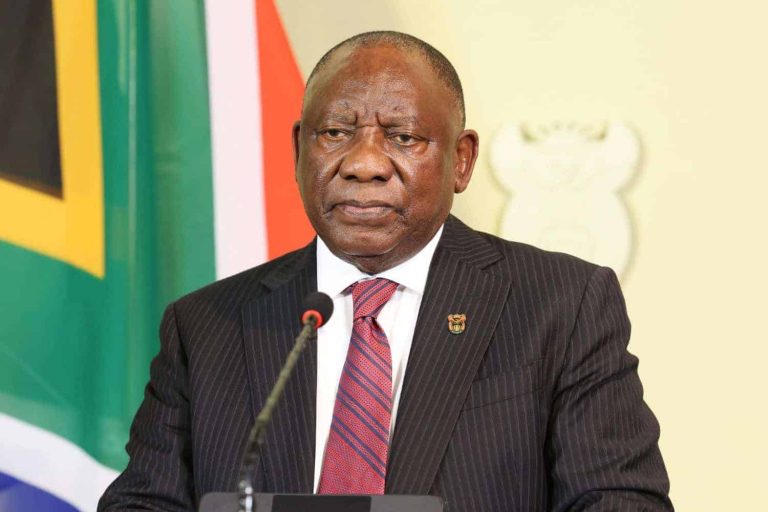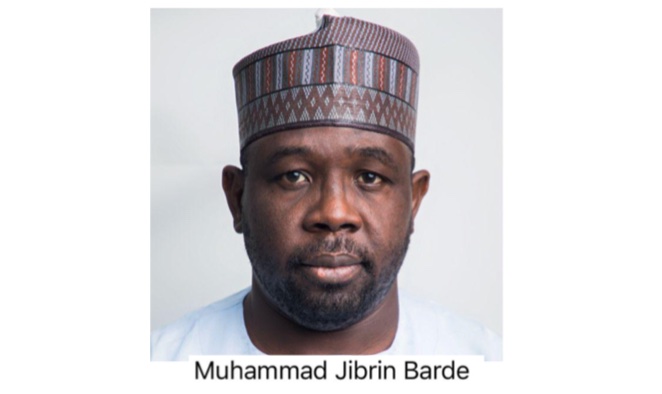
Nigeria’s Information and Communication Technology (ICT) sector is projected to surpass oil and gas as the country’s major economic driver by 2027, contributing an estimated 21% to the Gross Domestic Product (GDP).
Speaking at the opening of the GITEX Nigeria Tech Expo and Future Economy Conference in Lagos, the Minister of Communications, Innovation and Digital Economy, Bosun Tijani, said the ICT sector currently contributes between 16% and 18% to GDP, describing it as Nigeria’s fastest-growing industry.
“The digital economy is not just about apps. It’s about productivity gains that will transform agriculture, education, manufacturing, and governance. Under President Tinubu’s Renewed Hope Agenda, technology must not only grow GDP but also expand opportunities, reduce inequality, and create shared prosperity for all Nigerians,” Tijani said.
The minister also unveiled several federal initiatives aimed at accelerating ICT growth:
-
Project Bridge – a 90,000km fibre optic backbone to connect all states and local governments.
-
3MTT Programme – set to become the world’s largest digital skills development initiative.
-
National Digital Economy and New Governance Bill – designed to strengthen trust, security, and accountability in Nigeria’s digital space.
In his keynote address, Lagos State Governor ,Babajide Sanwo-Olu, revealed that the state has attracted over $6 billion in foreign tech investments between 2019 and 2024, accounting for more than 70% of Nigeria’s total inflows.
Sanwo-Olu highlighted Lagos’s position as Africa’s innovation hub, hosting hyperscale data centres, submarine cables, extensive fibre infrastructure, and 23 of Nigeria’s 28 fastest-growing companies, according to the Financial Times.
“Lagos is not just a city for today; it is Africa’s innovation capital and a launchpad for Africa’s future. We are building a data-driven government where policies respond to real-time insights and inclusive connectivity empowers every citizen,” he said.
The governor also mentioned the Lagos State Science and Innovation Council (LASIC), which provides annual grants of up to ₦80 million for startups, and celebrated homegrown solutions such as the state’s integrated transport payment card, developed by Nigerian engineers.
Similarly, the Director-General of the National Information Technology Development Agency (NITDA), Kashifu Abdullahi, described Lagos as “a crucible of innovation where raw talent meets resilience to create solutions.”
Event organisers, KAOUN International, also hailed Lagos as a global testbed for necessity-driven innovation, underscoring its pivotal role in shaping Africa’s digital future.



